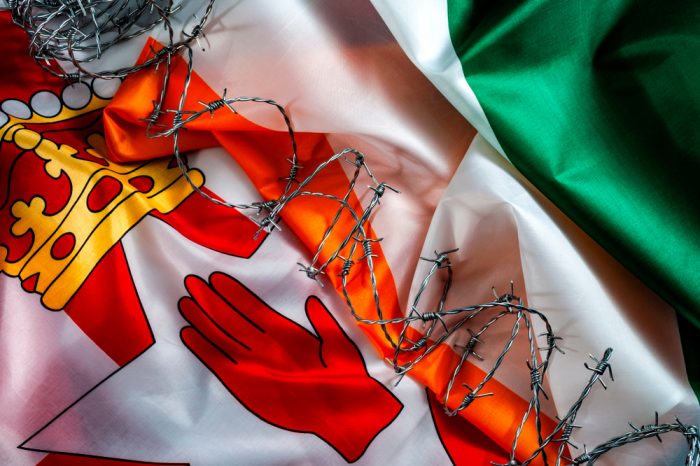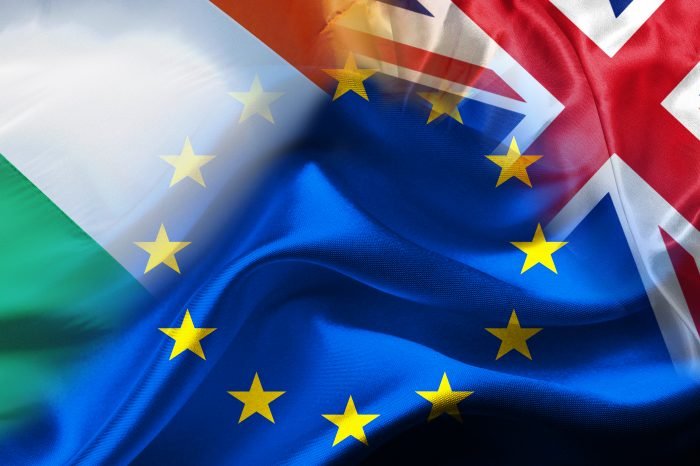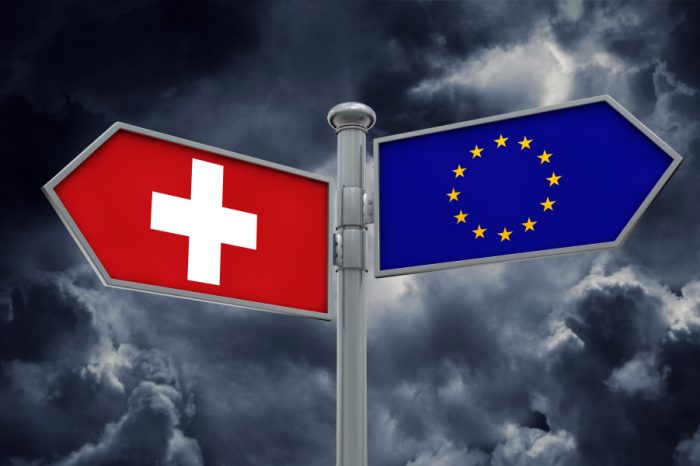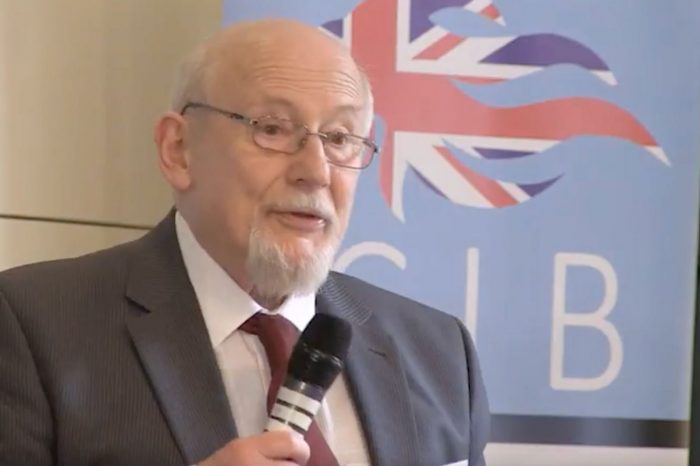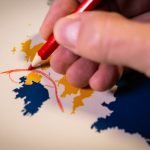Ireland may lose badly by obstructive behaviour over the border
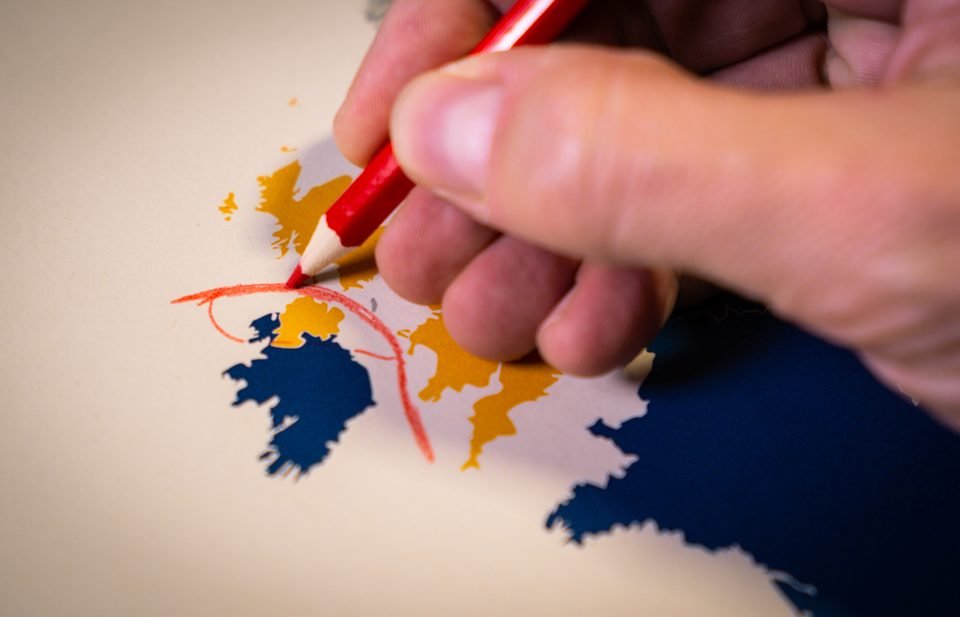
Playing the EU’s game on the border will damage Ireland’s interests, says former Irish diplomat Ray Bassett in Politeia’s new analysis.
Dublin should accept UK border plan and work with Britain to make Brexit a success for both islands
The Irish border has become an obstacle to the Brexit negotiations. All sides want to keep the border ‘soft’ and friction free and preserve the gains of the Good Friday Agreement. But the EU and Dublin have rejected Britain’s proposals.
In Politeia’s next publication, Brexit and the Border: where Ireland’s True Interests Lie, Ray Bassett considers the border against the background and reality of Ireland’s economic and political interests, and the options for the UK government. A former diplomat, who served as Ireland’s Ambassador to Canada and was also a Good Friday Agreement negotiator, Dr Bassett explains that the Irish Government’s present policy is not in the country’s best interests. It leaves Ireland dangerously exposed if the border problem scuppers an overall EU/UK deal.
The author analyses the different options floated to ‘solve’ the border question. Politically the only possible solution is one based on technology along the lines proposed by the UK. This would be based on a trusted trader programme. Proven models, such as that in Australia, already exist from which some useful features might be adopted.
By contrast the EU’s proposals would endanger the stability of the island. Brussels should abandon its red line that anything on the island of Ireland must “maintain the integrity of the Union’s (i.e. the EU’s) Legal Order”. Bassett questions the wisdom of the Irish Government in aligning itself with Brussels at a time when the EU itself is undergoing changes, none of which are in Ireland’s interests. Moreover, a number of national elections across the EU have made clear a rising alienation of voters from the centralising policies of the present EU.
Irish leaders should change course and work to resolve the border dispute rapidly and towards a comprehensive free trade agreement between the UK and the EU. Given the historic, ethnic, cultural and economic links between Ireland and Britain, it is strongly in their country’s interests to do so. Ireland needs a successful Brexit.
The author concludes by proposing the Irish government should:
* Make clear both to London and Brussels that the Border must not be used as a weapon to thwart Brexit.
* Enter into immediate and practical bilateral discussions with London to resolve the border question.
* Work with the British government and the political parties in Northern Ireland to avoid any undue hardening of cross-border arrangements on the island of Ireland.
* Work with the British government to avoid any new barriers between Northern Ireland and Great Britain.
* Seek to join EFTA and leave the EU. EFTA membership would facilitate continued trade with the EU and allow a free trade with the from outside the Customs Union
Commenting on the legal framework, Professor David Collins explains that legally Bassett’s proposals would work well to Ireland’s interests. Liam Halligan explains why economically, Ireland cannot afford to play the EU’s game over the border, but should accept that Ireland’s economic interests demand that it should work with Britain to develop and put into effect the technological solution.
The paper was launched at a special meeting in House of Commons Committee on Thursday 17th May, with the speakers including the author, Ray Bassett, David Collins, Professor of International Economic Law, City University, and Liam Halligan, co-author of Clean Brexit with Gerard Lyons and Economics Columnist at The Sunday Telegraph.
Dr Ray Bassett has been a senior diplomat at Ireland’s Department of Foreign Affairs in Dublin and has served as the country’s Ambassador to Canada, Jamaica and the Bahamas 2010-2016. Other diplomatic postings include Copenhagen, Canberra, Belfast (twice), London and Ottawa. He was involved in the Good Friday Agreement negotiations as part of the Irish Government Talks Team and participated throughout the discussions, including the final session at Castle Buildings in Stormont.



